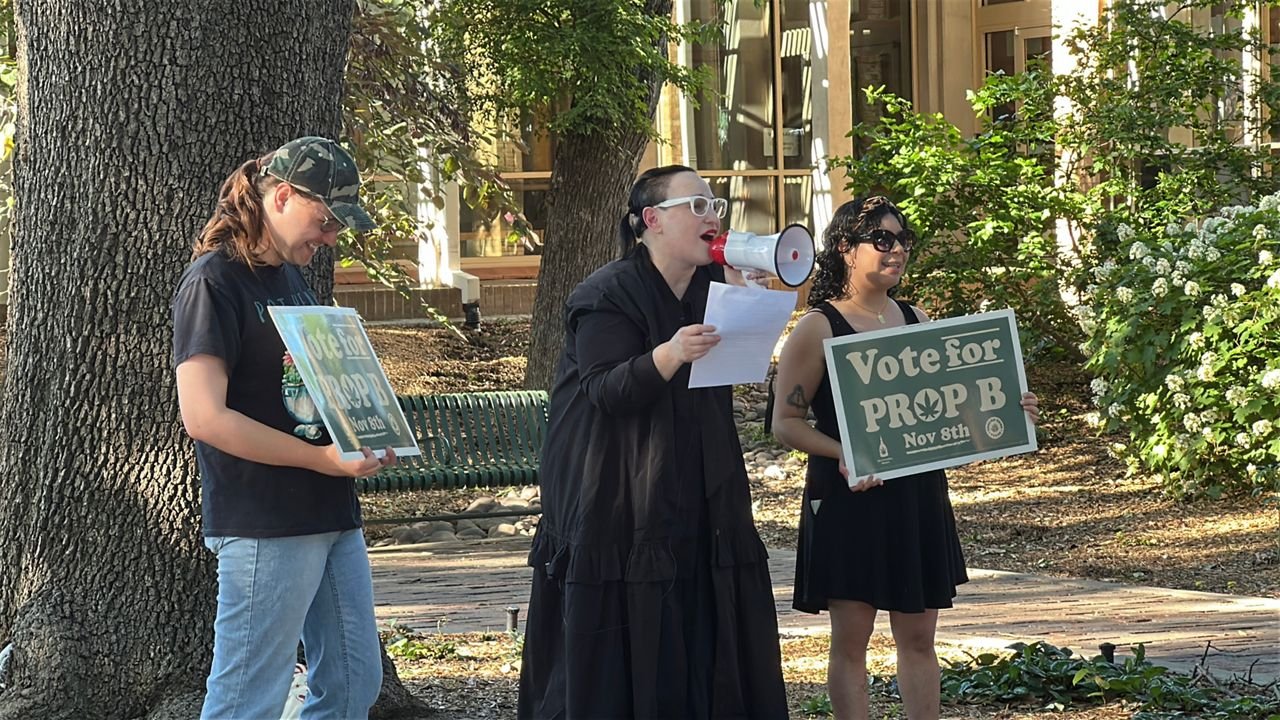Manitou Springs is moving forward with a proposal to reduce its retail cannabis sales tax from 10% to 5%. This decision aims to maintain competitiveness against Colorado Springs, where recreational cannabis sales have recently begun. The proposed tax cut aligns Manitou Springs’ rate with that of its neighboring city.
Mayor John Graham emphasized that a decrease in cannabis revenue could significantly impact the town’s finances. He stated, “It’s a substantial part of our budget, and any decline means we have to tighten our belt.”
The city council passed the measure on its first reading, with a public hearing scheduled for June 3. This step comes as Bill Conkling, the founder and CEO of Maggie’s Farm, one of the two dispensaries in Manitou Springs, reported a notable decline in profits. Following the legalization of recreational sales in Colorado Springs, Conkling noted a 30% decrease in sales week-over-week compared to the same period last year.
Conkling attributed part of this decline to customers’ perceptions that prices in Manitou Springs might be higher due to the existing tax rate. While he assured that prices were competitive, he acknowledged that the higher tax rate created an unfavorable image among consumers.
Manitou Springs experienced a significant increase in sales tax revenue after permitting cannabis sales in 2014. Although the state prohibits disclosing specific revenue figures when fewer than three cannabis stores operate, the overall sales tax revenue from the category surged by 4,268% in the first half of 2015 compared to the same period in 2014.
The city has anticipated the financial implications of recreational cannabis sales in Colorado Springs, halting the diversion of recreational sales revenue to the Manitou Springs Urban Renewal Authority in August 2022. Instead, these funds were redirected to the general fund after a narrow city council vote.
In early 2022, the city had increased its sales tax from 6% to 10% to address various financial challenges, including costs related to ambulance service and maintaining the water treatment plant. Graham acknowledged that these expenses prompted the rise in tax rates.
Now, three years later, Manitou Springs continues to rely heavily on sales tax revenue, which is essential for funding deferred maintenance on the city’s aging water and sewage systems, as well as for burying utility lines. According to city financial records, Manitou Springs collected approximately $32 million in sales tax revenue from the ‘other’ category, which includes cannabis, in the year to date accounting from December 2024, making it the second largest revenue source after retail shops.
As the June public hearing approaches, the city will gauge community response to the proposed tax cut and consider the potential impacts on local cannabis businesses and overall revenue.



